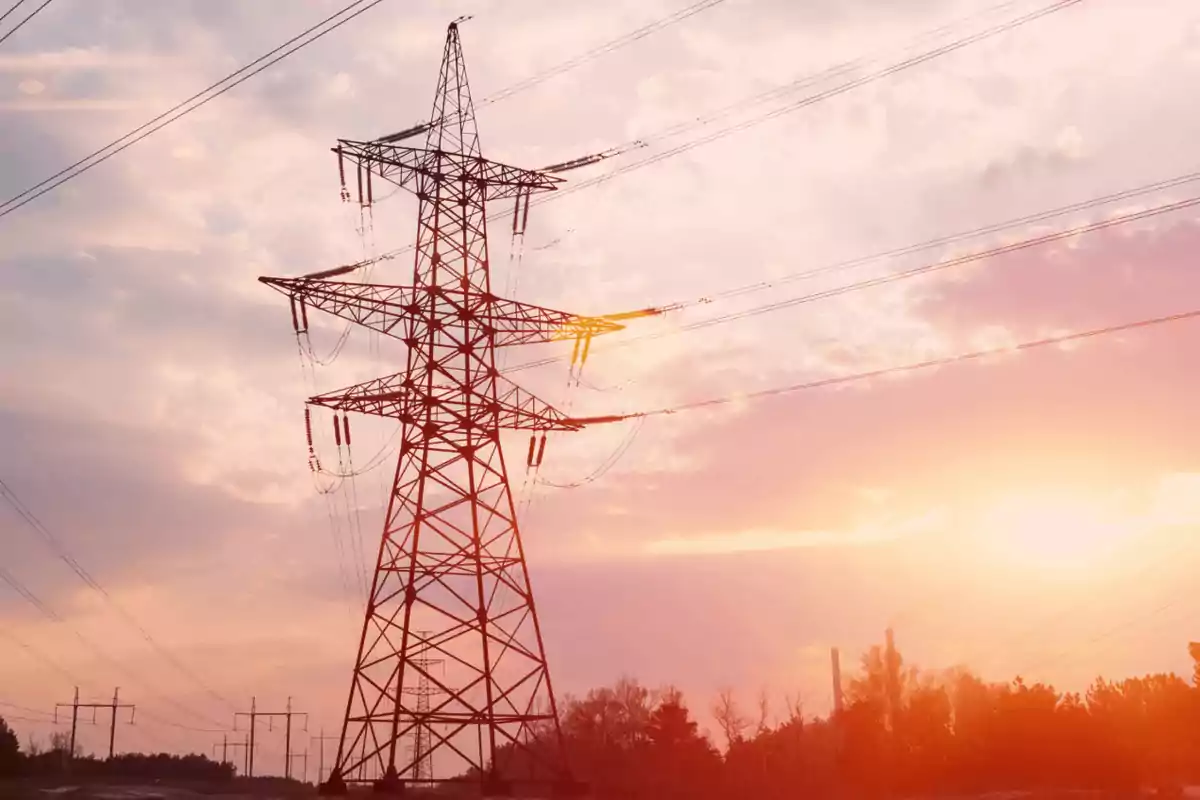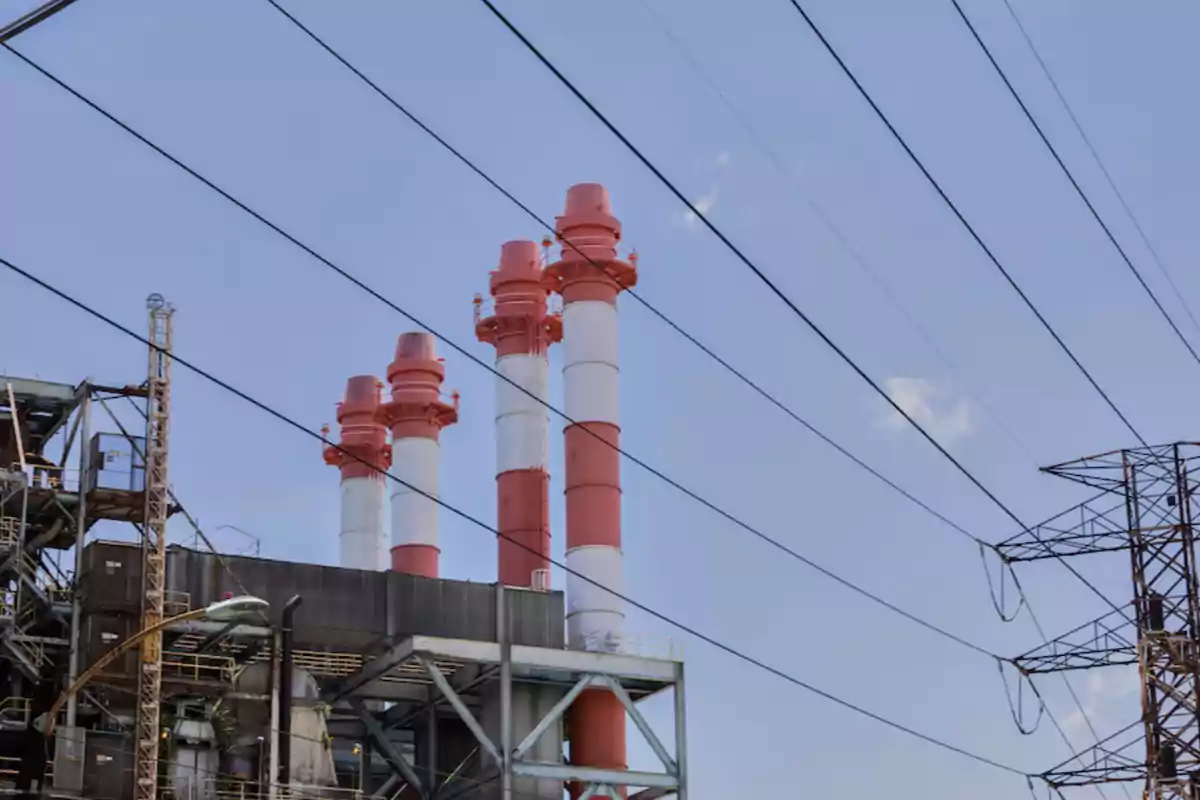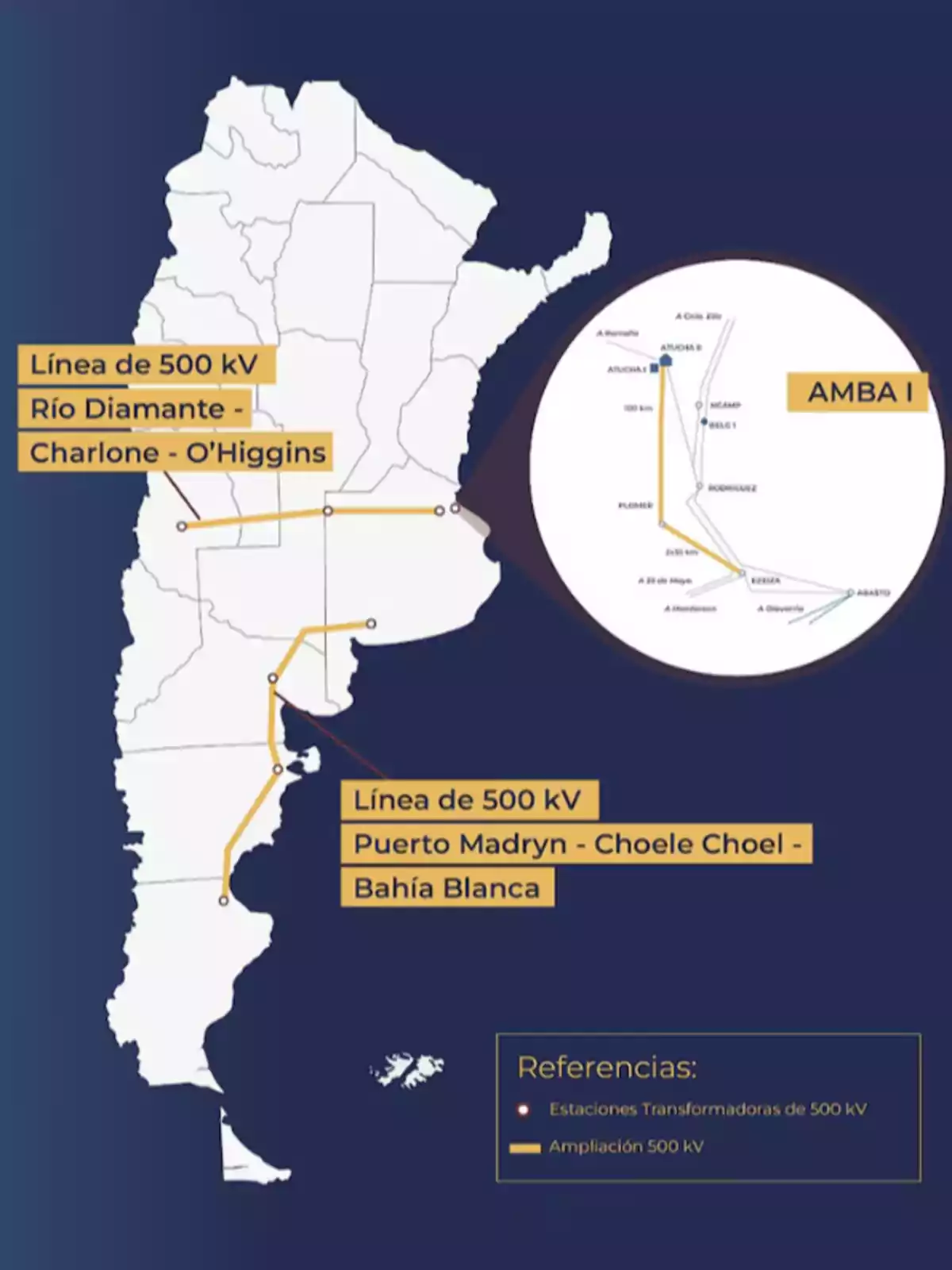
The government launches a historic plan to modernize the electric grid without public spending.
The Ministry of Energy launched three major projects that will be fully financed with private capital
The national government has launched an ambitious expansion plan for electric transportation, focusing on the modernization of energy infrastructure through private investment. The Energy Secretariat announced that the first three strategic projects to be tendered under a new concession scheme have already been defined.
These initiatives are part of the National Electric Transportation Expansion Plan, whose objective is to strengthen the Argentine Interconnection System (SADI), improve service quality, eliminate bottlenecks, and prevent supply interruptions.
Key projects for a more reliable electric system
The first three projects to be tendered include:
- AMBA I, which will improve the electric supply in the Buenos Aires Metropolitan Area, responsible for 40% of national consumption.
- 500 kV Río Diamante – Charlone – O’Higgins line, which will enable the evacuation of renewable generation from Cuyo and part of the generation from Comahue.
- 500 kV Puerto Madryn – Choele Choel – Bahía Blanca line, key to strengthening Patagonia's connection with the main system.
The tenders will be both national and international, open to companies with the technical and financial capacity to undertake the projects. The projects will be financed by the private sector under a concession regime: costs will be recovered through tariffs once the facilities are operational.

Model shift: from public spending to private investment
Unlike the previous model based on state financing and public execution, the new scheme relies on the active participation of private capital. According to official sources, this will accelerate the projects and ensure efficiency without affecting public accounts.
This approach is part of the Contingency Plan for Critical Months 2024–2026, defined by Resolution 715/2025, which identified 16 priority projects in critical areas of the country. In total, the plan contemplates an estimated investment of 6.6 billion dollars, the addition of 5,610 kilometers (3,487 miles) of new lines, and the expansion of 500-kilovolt transformer stations, representing a 38% increase in the existing network.
The diagnosis: disinvestment and obsolescence

According to presidential spokesperson Manuel Adorni during the plan's presentation in May, 35% of current facilities are at the end of their useful life. The last major high-voltage project was carried out in 2017 at the national level, and in AMBA, no such project has been executed since 2006.
"The current situation reveals structural deficiencies that result in service interruptions, high costs due to forced generation, and limitations for incorporating renewable energy", explained the Energy Secretariat. In this regard, the AMBA I project will reduce inefficient generation and improve system reliability in the nerve center of the country's energy consumption.
More strategic projects for the entire country
In addition to the initial three projects, the plan includes other initiatives distributed across different regions:
- 500 kV Vivoratá - Plomer line
- 500 kV Plomer – O’Higgins line
- ET Comodoro Rivadavia Oeste 500/132 kV – 450 MVA
- Río Santa Cruz – Puerto Madryn line / CH Kirchner – Futaleufú – Piedra del Águila line
- Rodeo – Chaparro – La Rioja Sur line
- Malvinas – San Francisco – Santo Tomé line
- Lavalle – Chumbicha line
- Chaparro – Antofagasta de la Sierra – Punta – Cobos line
- ET El Espinillo 500/132 kV
- International interconnections with Bolivia and Paraguay
- 500 kV Santa Cruz – Tierra del Fuego line
The government seeks with this plan to leave behind years of structural disinvestment in the electric system and promote a modern, federal, efficient, and reliable network, supported by private capital.
More posts: